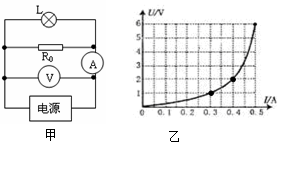问题
单项选择题
对于进出口许可证的管理原则,以下表述正确的是:
A.进口许可证管理实行“一证一关”
B.出口许可证管理实行“一批一证”制和“非一批一证”制
C.进口许可证管理实行“一批一证”
D.出口许可证管理实行“一证一关”制、“一批一证”制和“非一批一证”制
答案
参考答案:D
解析:进口许可证管理实行“一证一关”,一般情况下,进口许可证为“一批一证”。如要实行“非一批一证”,应当同时在进口许可证备注栏内打印“非一批一证”字样,但最多不超过12次,(2)出口许可证管理实行“一证一关”制、“一批一证”制和“非一批一证”制。

